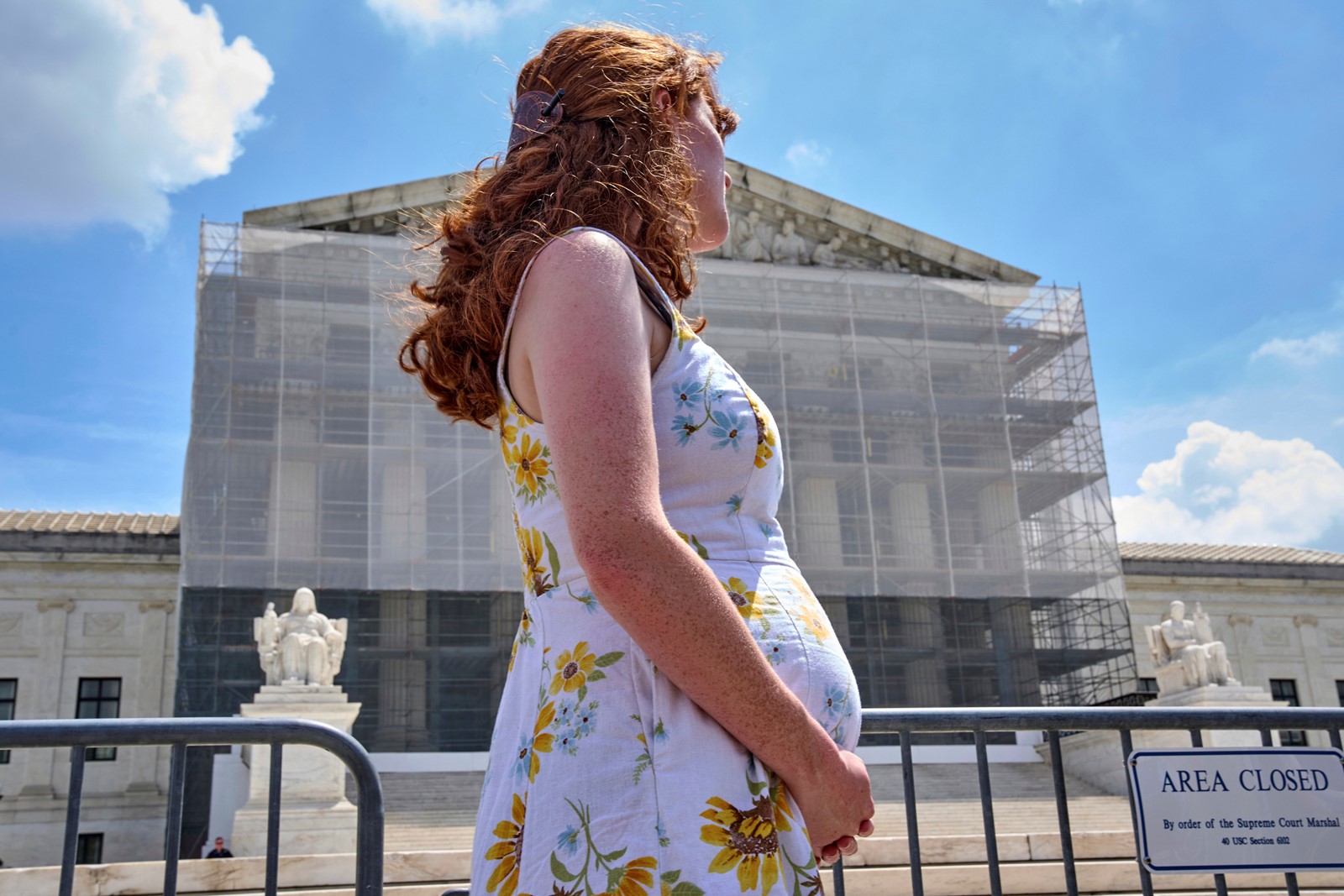
BOSTON — President Donald Trump’s plan to end birthright citizenship for the children of people who are in the U.S. illegally will remain blocked as an order from one judge went into effect Friday and another seemed inclined to follow suit.
U.S. District Judge Joseph LaPlante in New Hampshire had paused his own decision to allow for the Trump administration to appeal, but with no appeal filed in the last week his order went into effect.
“The judge’s order protects every single child whose citizenship was called into question by this illegal executive order,” Cody Wofsy, the ACLU attorney representing children who would be affected by Trump’s restrictions, said. “The government has not appealed and has not sought emergency relief so this injunction is now in effect everywhere in the country.” The Trump administration could still appeal or even ask that LaPlante’s order be narrowed but the effort to end birthright citizenship for children of parents who are in the U.S. illegally or temporarily can’t take effect for now. The Justice Department didn’t immediately return a message seeking comment.
Meanwhile, a judge in Boston heard arguments from more than a dozen states who say Trump’s birthright citizenship order is blatantly unconstitutional and threatens millions of dollars for essential services. The issue is expected to move quickly back to the nation’s highest court.
U.S. District Judge Leo Sorokin was asked to consider either keeping in place the nationwide injunction he granted earlier or consider a request from the government either to narrow the scope of that order or stay it altogether. Sorokin, located in Boston, did not immediately rule but seemed to be receptive to arguments from states to keep the injunction in place.
Lawyers for the government had argued Sorokin should narrow the reach of his earlier ruling granting a preliminary injunction, arguing it should be “tailored to the States’ purported financial injuries.”
Much of the hearing was focused on what a narrower ruling would look like. The plaintiffs raised concerns that some alternatives floated by the Trump administration — such as giving children in states impacted by the birthright citizenship order social security numbers, but not citizenship — would be costly and unworkable. They said such a system would burden these states with having to set up new administrative systems, sow confusion among the parents whose children are impacted and possibly turn these states into magnets for families from other states looking to access the benefits.
Government lawyers didn’t seem tied to any one alternative, but told Sorokin the scope of his injunction should be limited. When pressed on how they would do that, a lawyer for the government, Eric Hamilton, would only commit to complying with whatever order was issued.


 PREVIOUS ARTICLE
PREVIOUS ARTICLE
